After yet another beheading in France, there is a hardening of positions between religion and secularism
The depiction of Prophet Mohammad has been a controversial issue in France for long as any kind of visual depiction related to him is forbidden in Islam. It is what prompted a terror attack in 2015 on the offices of the satirical magazine Charlie Hebdo, which printed his cartoons in the name of free speech. But given the 36 attacks carried out by a fringe minority of Muslims on French soil since 2012, the latest beheading of a Parisian teacher, who had used cartoons again in a civics class about freedom of expression, and the killing of a woman at Notre-Dame church in Nice, there is a raging debate now over the extent to which secularism can be stretched and not conflict with religiosity. Particularly in times where the clash of civilisations has never seemed sharper. Some liberals, who have been arguing that while the cartoon may have been in poor taste but was not illicit, are now wondering whether freedom of speech and values had been stretched too far. And whether the French should be careful about comments and expressions, which can be deemed as racist, anti-Semitic or homophobic, particularly when applied to a minority. However, the majority detest this pandering as compromising the nation’s foundational principles. Besides, France has had an uneasy relationship with settlers and migrants, one that has led to what it is now labelling as “Islamo-fascism.” In fact, in deeply divided times across the world, the freedom of speech and liberty of ideas are being increasingly challenged by what the fringe sees as offensive to their sensibilities. But the French continue to defend the art of satire over the art of accommodating the religious beliefs of others. In fact, just after Charlie Hebdo magazine published its cartoons of the Prophet, the then President, Jacques Chirac, had sounded a note of caution, saying, “Anything that can hurt the convictions of someone else, in particular religious convictions, should be avoided.” But no French politician since then has sounded a voice of reason with current President Emmanuel Macron going to the extent of saying that Catholics are “under threat.” That’s because post the scale of violence, the right to satire is being seen as emblematic of France’s status and ethos as a secular Republic that counters religious bias. And the fatwas are being seen as an attack on the French way of life, more hurtful than the pain of a religious sect or group.
In 1905, France adopted the laicite or secularism. This means the State can neither support nor stigmatise any religion. However, things changed after its traumatic defeat in Algeria with the State targetting the visibility of Islam on its turf. France became the first and only European country to ban the hijab in public schools in 2004. Few years down the line, it banned the wearing of niqab or face covering. Things have taken such a turn now that even human rights and civil society groups are collecting data on the rise of Islamophobia, something that a 1978 French law forbids. Macron’s infamous statement, “Fear will change sides”, and his claim that Islam as a religion is in crisis have not gone down well with several Middle Eastern countries that are boycotting French products. His idea of reforming Islam has been interpreted as provocative rather than well-meaning. Several activists argue the Government should instead invest more effort in addressing the marginalisation of French Muslims, often with ancestry in Africa and the Middle East, in the suburban ghettos of the country. They feel alienated and they suffer from high levels of unemployment and poor social housing. Rather than working on the root cause of the problem, the hardening of positions can only widen the existing faultlines and social rift. It might then just become impossible to defend who is tolerant or not.







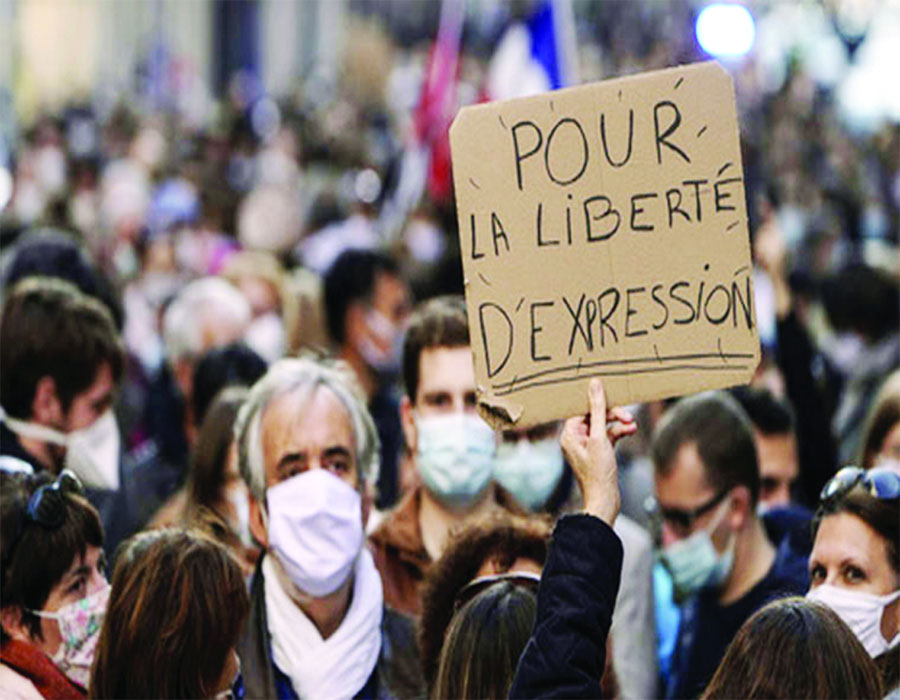
 OpinionExpress.In
OpinionExpress.In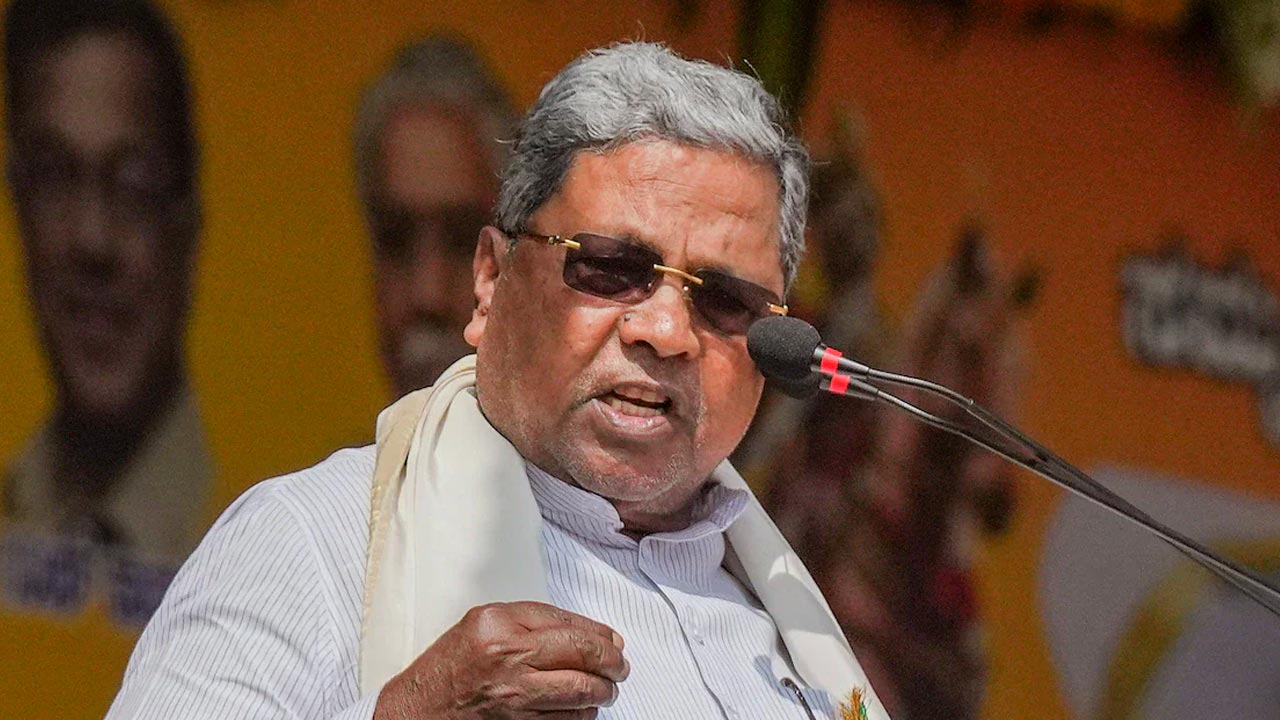
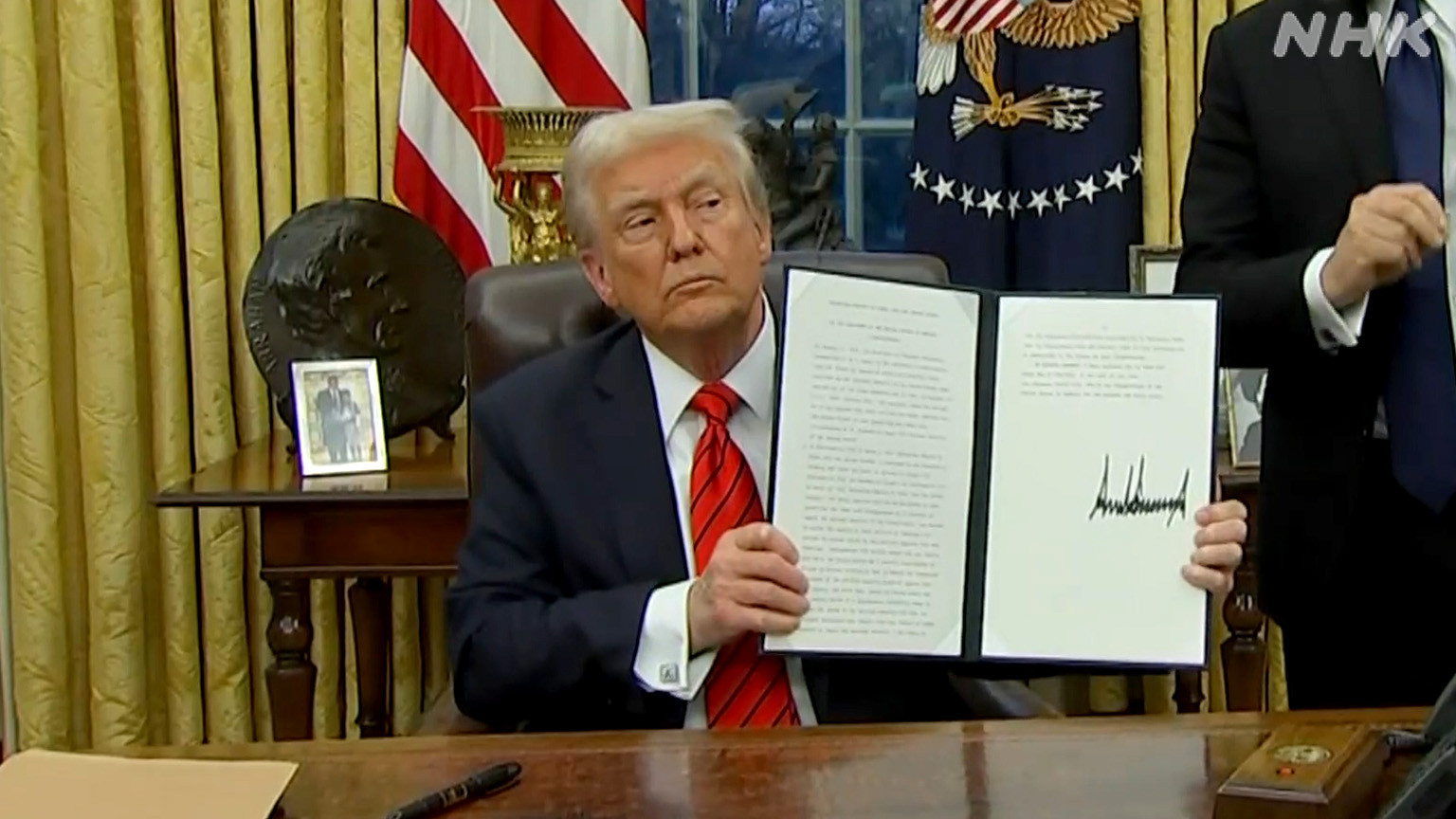
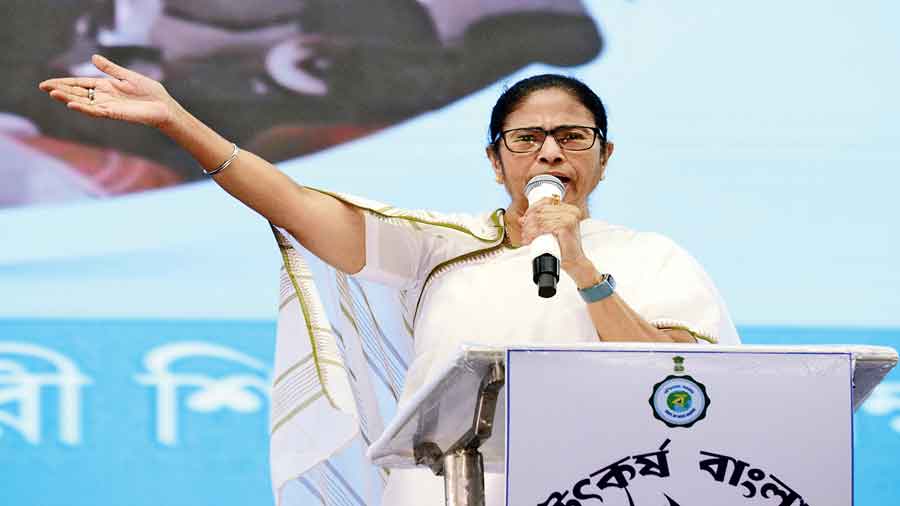
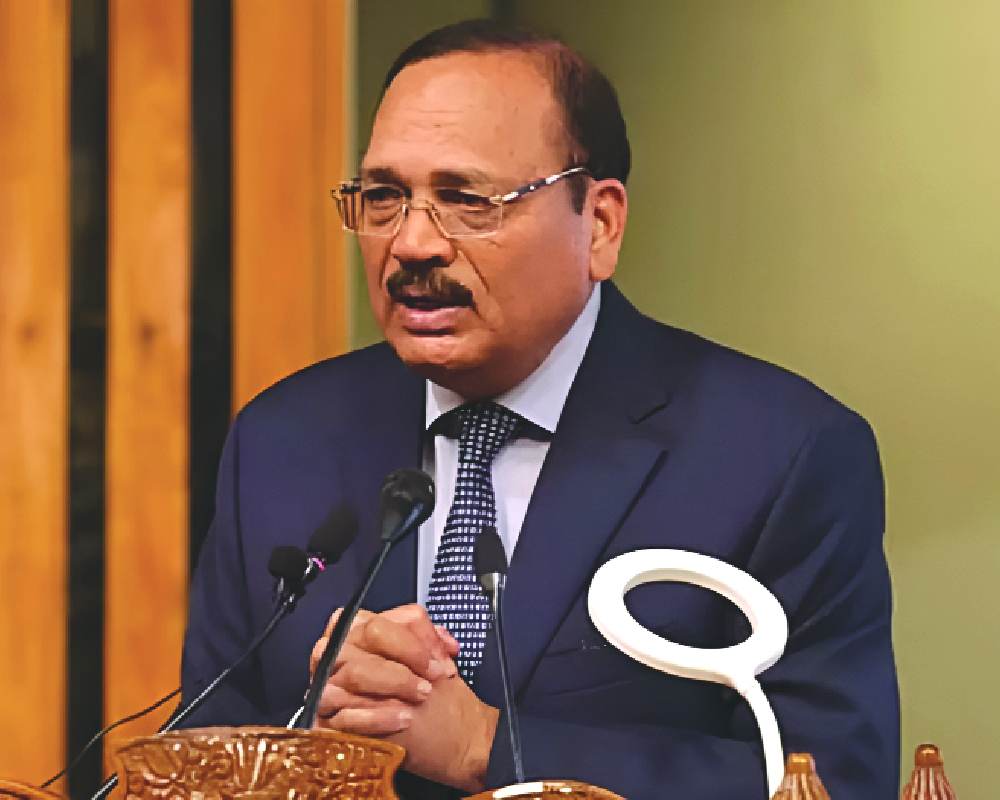
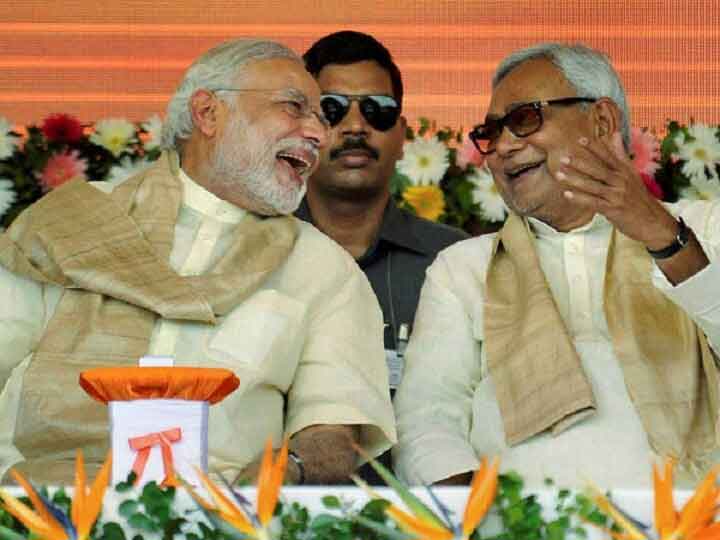
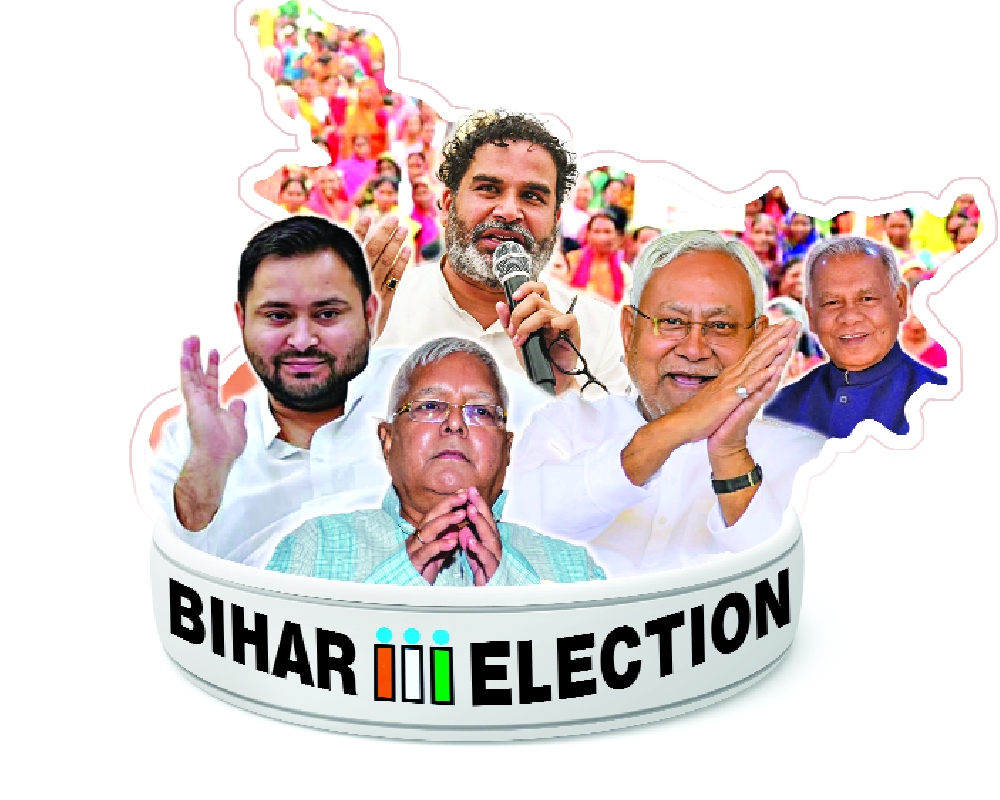
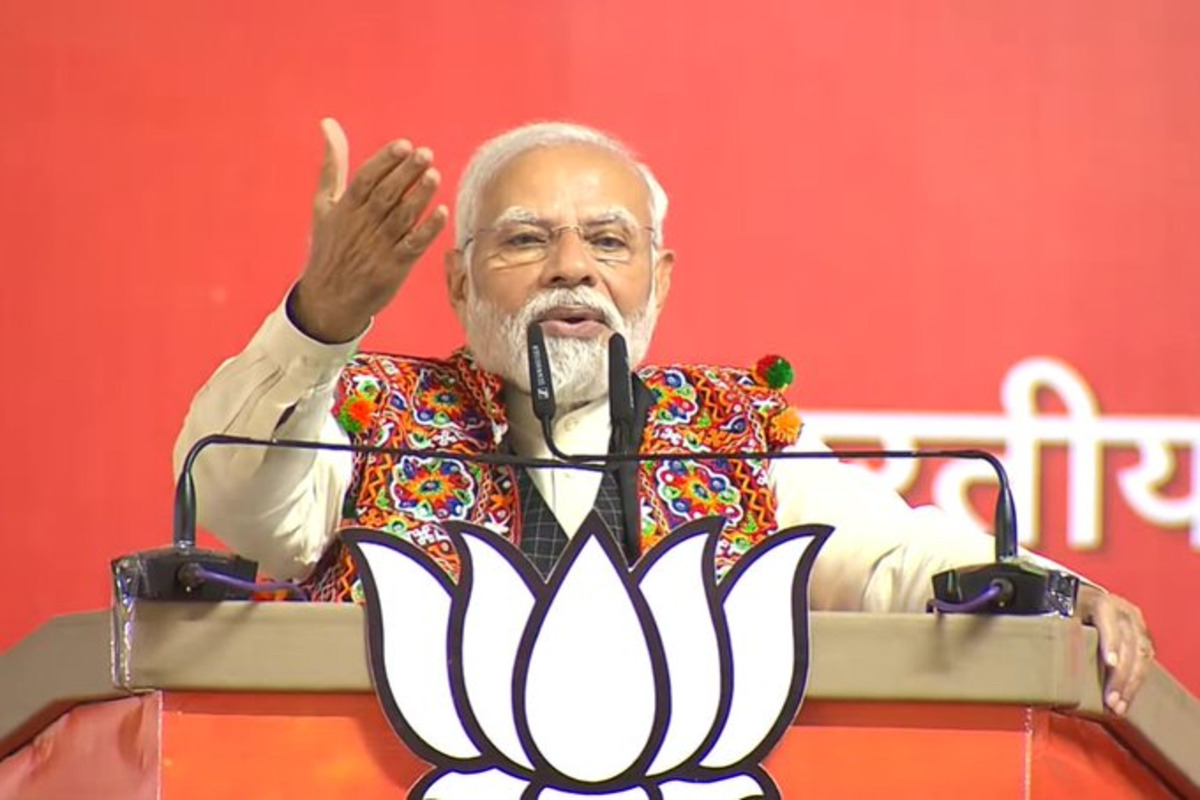

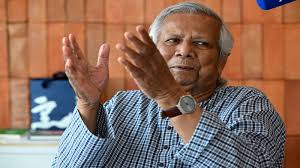
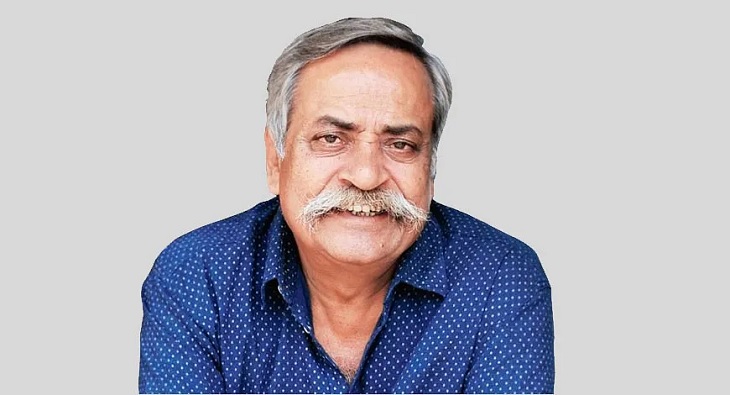






Comments (0)